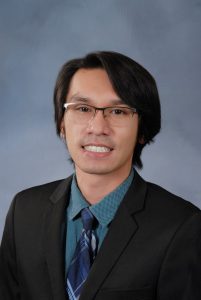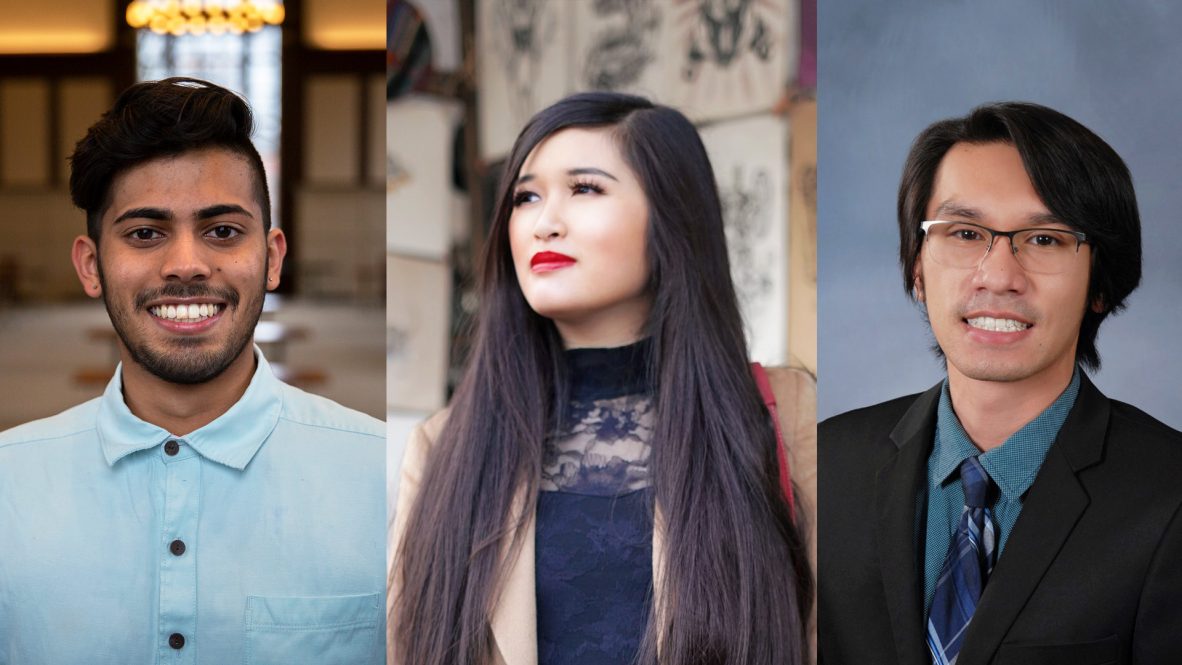Editor’s note: This is the third in our annual College of Liberal Arts and Sciences Graduating Student Spotlight series. This year, students with a broad array of backgrounds and majors reflect on their college experience, remembering the good times and how the COVID-19 pandemic changed their senior year.
Question: Why did you choose to study this major?
Chloe Murphy ’21 (CLAS), BA
Major: Africana Studies
Minor: Sustainable Community Food Systems
Hometown: New London, Connecticut
Many adults I know who are deep into their careers aren’t in a field in which they got their undergraduate degree. I figured I should study something that is meaningful to me. I took Associate Professor of English Shawn Salvant’s Introduction to Africana Studies course while in ACES my first semester, and by the end of my freshman year I declared an Africana studies major. Africana Studies has certainly given me a strong foundation in the field of history.
In elementary school I was confused about myself as a student. I would go to the library and read historical fiction about different periods in the human past, and I enjoyed the specials about empires on the History channel. But my history lessons in school did not tell a story. Rather, they were a conglomerate of sterile facts which seemed disconnected from each other. In assistant professor in residence Alhaji Conteh’s Black Experience in the Americas class, a story was told. A story with a beginning, a middle, but not an end. That’s the best part about history — the stories never end. They are handed down to the next generation.
Mukund Desibhatla ’21 (CLAS), BS

Majors: Physiology and Neurobiology and Spanish
Minor: European studies
UConn’s broad academic landscape and extensive Research I network really drew me in since freshman year. Especially having a strong interest in both core sciences and humanities, I decided on pursuing both physiology and neurobiology and Spanish upon matriculation. While I had initially intended for Spanish to be a minor, CLAS provided a clear and flexible pathway to take on a double major. There is no limit to the number of interests you can bring into fruition — I even added a European Studies minor my senior year!
Next year, I will pursue my masters in public health in social and behavioral sciences with a concentration in U.S. Health and Justice at the Yale School of Public Health. At Yale, I hope to gain valuable perspectives and expertise in the subjects of healthcare disparities and social determinants of health, to become a better advocate for healthcare equity.
William Aleman ’21 (CLAS), BA
Major: Economics
Minor: Data Analytics
Hometown: New Haven, Connecticut
Since I was 16, UConn had been my dream college to attend. I came in as an undeclared major, but when I took microeconomics (ECON 1201) my first semester, I was fascinated and ended up loving it. The course gave me the opportunity to think strategically and make decisions to optimize solutions. I also gained a good understanding of the interactions between individuals and firms – all of which aligned with my interests. I chose to pursue a degree in economics because it helped me gain strong numerical, analytical, and problem solving skills that would help me within my future career.
Adding a minor in data analytics, I was exposed to computer programming languages such as Python, as well as SQL and SAS; all of which I profoundly enjoyed learning and using. I can confidently say UConn CLAS not only helped me find my passion, but also allowed me to branch out and develop critical skills in and out of my major. I always felt as if this school was the right fit for me.
Victoria Sun ’21 (CLAS), BA
Major: English
Hometown: Flushing, Queens, New York and Norwich, Connecticut

I love reading and discussing literature, so it made sense to pick a major that fit in with my interests. I wanted to study in a field that would allow me to further advance my skills in writing in both academic and creative pursuits.
UConn has allowed me to make connections with people from different backgrounds and skillsets. I like to write about human experiences. It’s one of the defining factors that make a character relatable. Thanks to the variety of courses I’ve taken at UConn, I can incorporate all kinds of philosophies and perspectives that I never would have thought of before.
After I graduate, I plan on working on my novel. Creative writing has always been a passion for me and taking a creative writing course in my final semester has really revitalized my motivation to continue to do so.
Isaac V. Faustino’ 21 (CLAS), BS
Major: Molecular and Cell Biology

Minor: Ecology and Evolutionary Biology
Hometown: New Haven, CT
I chose to study molecular and cell biology (MCB) because I knew that I wanted to study biology.
After taking MCB courses my sophomore year, I’ve always experienced a light bulb going off in my head when I started understanding the material during lectures and later during independent review. It was experiencing that kind of “a-ha” moment that made me realize that I wanted to major in MCB.
I remember when first starting college, I had no idea what I was interested in pursuing and thought that I wouldn’t be able to write my honors thesis as I didn’t get involved with undergraduate research until junior year. Before deciding on a topic, I experienced plenty of self-doubt and internalized that I wouldn’t be able to graduate in honors just because it seemed like everyone else were ahead in the game, while I was still exploring. Now that I’ve finally completed writing my honors thesis, I see it as a piece of work that represents my resilience to graduate in honors and a testament to how everything works out in the end, as long you make small steps in the right direction.



